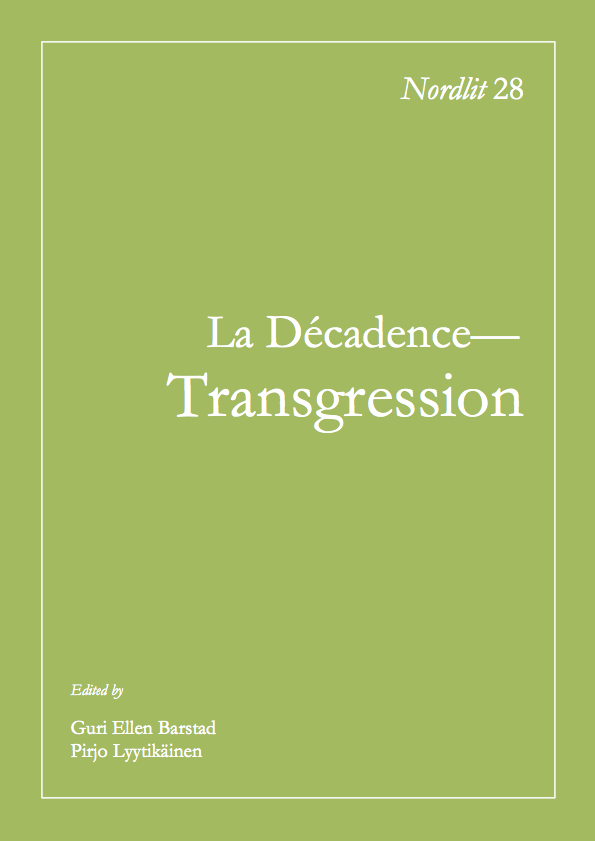La sphinx décadente: topos et poetique de la transgression
DOI:
https://doi.org/10.7557/13.2043Keywords:
Sphinx, Chimère, Enigme, Esotérisme, Erotisme, Jules Barbey d’Aurevilly, Gustave Flaubert, Joris-Karl Huysmans, Gustave Moreau, Oscar WildeAbstract
During the last decades of the 19th century, the Sphinx, in its Egyptian representation, seems to be on the decline. This figure, which traditionally embodies the universal mystery, is particularly threatened in a world beset by materialistic disillusion. Texts and pictures portray a myth in agony, with such tediousness that it has become a cliché. Decadent imagination then seizes upon another myth which is particularly suitable, both in its form and its history, to regenerate the old Sphinx: the Greek Sphinx. As the riddle teller of the Theban legend, it shares with its Egyptian ancestor, in addition to its homonymy and hybridism, a strong taste for secret; but it also has shown, since the very beginning, its multifaceted behaviour of transgression - ontological, religious, social and, above all, sexual. Replacing esotericism by eroticism and the metaphysical quest by the physical conquest restores mystery to its libidinal aspect. It reminds us that all knowledge, be it carnal or spiritual, comes from an original transgression which, driven by the libido sciendi, exceeds the acceptable limits. This approach is not without pitfalls. An overly caricatured and systematic metamorphosis of the legendary monster into a femme fatale risks condemning theSphinx to topos and the reader to fatigue. It would, however, omit the ultimate transgression committed by the Hellenic Sphinx: transgression of language, of course, by its riddles, obscure and ambivalent, violating the norms of logic and rhetoric. The decadent Sphinx's sexual provocation is thus accompanied by a textual innovation at all levels, leading the reader in a constant game of poetic transgressions that are as destabilizing as they are seductive. Behind the erotic revival of mystery, a new and unexpected type of language develops that is capable of re-enchanting reality, and with it, all literature.
Downloads
Published
2012-03-26
How to Cite
Revol-Marzouk, Lise. 2012. “La sphinx décadente: <i>topos</i> et poetique de la transgression”. Nordlit, no. 28 (March):41-53. https://doi.org/10.7557/13.2043.
Issue
Section
Articles









